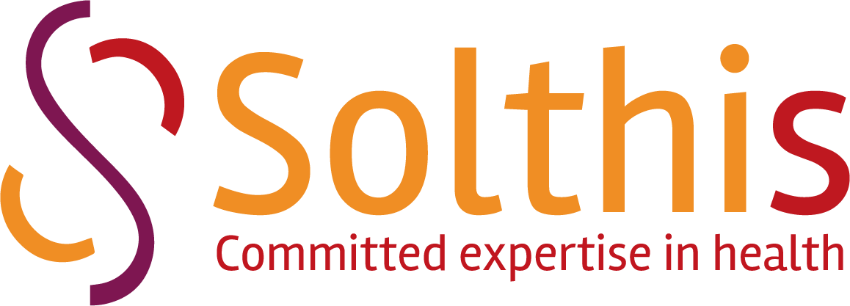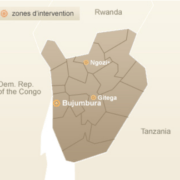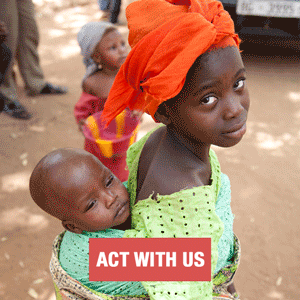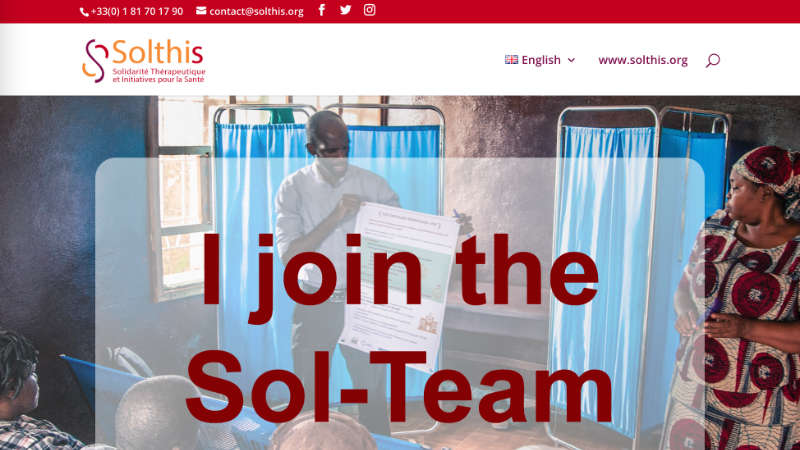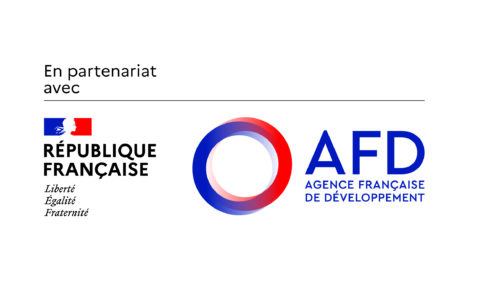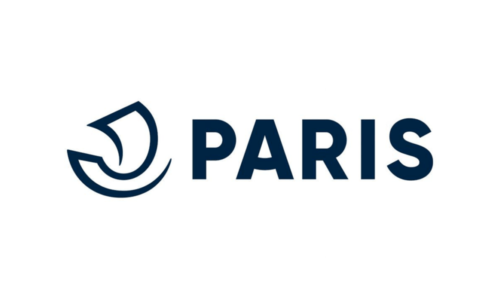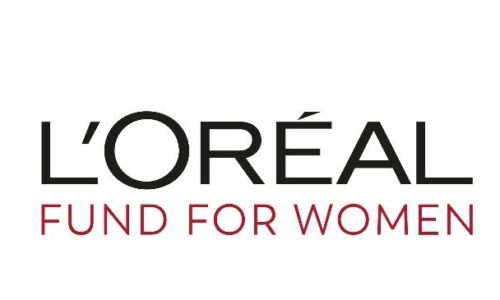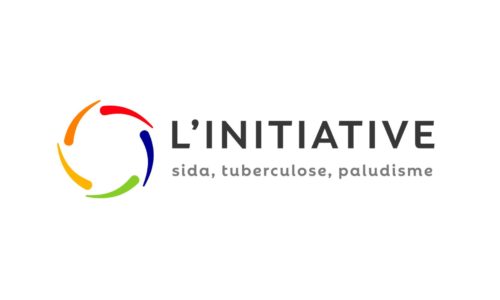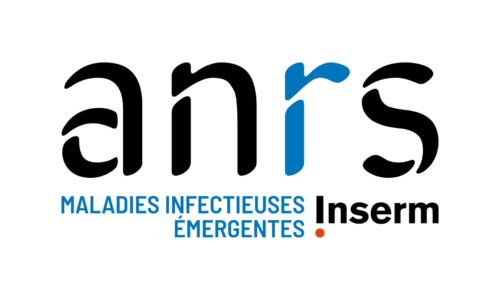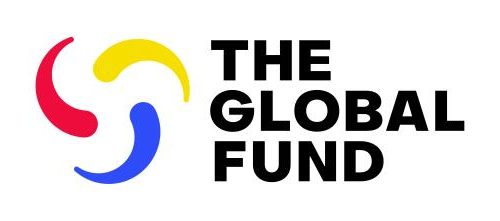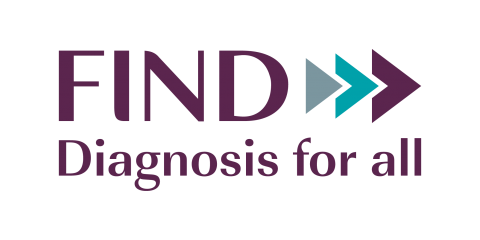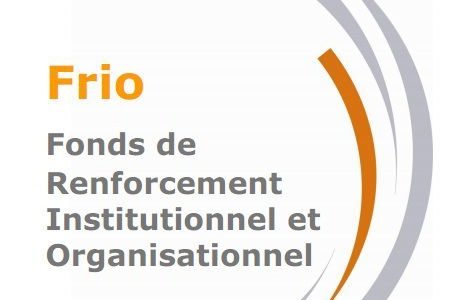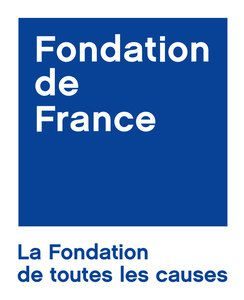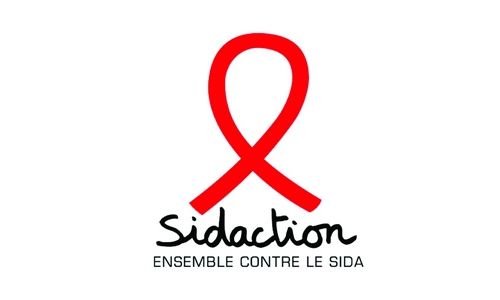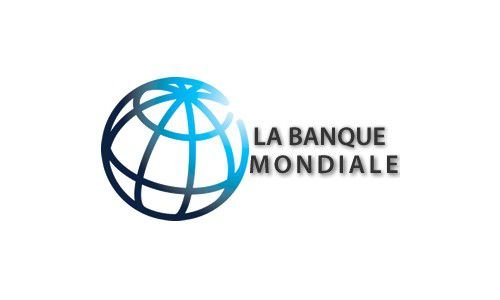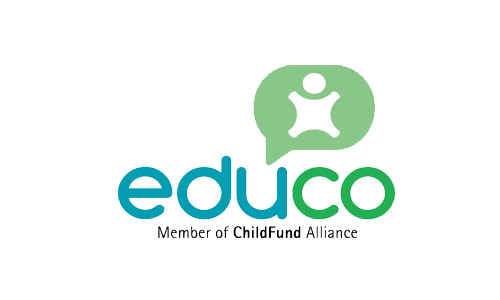In 2009, Solthis provided technical assistance and support for the decentralization of HIV/AIDS care. Despite administrative issues that caused the program to end in 2010, Solthis helped improve screening operations in three regions of the country.
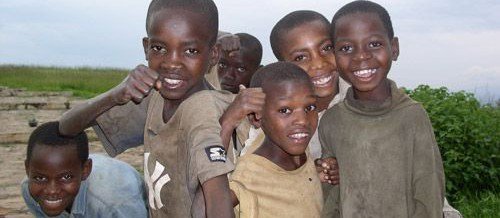
Solthis's operational context in Burundi
Started: 2009
Ended: 2010
Partners: CNLS (National AIDS Prevention Board), the ULSS (Sectorial HIV/AIDS Prevention Unit), and the CNR (National HIV/AIDS Reference Center)
Areas of operation: Bujumbura, Ngozi, Gitega
Focus of operation: HIV/AIDS, Mother and Child Health
In 2008, Burundian institutions asked Solthis to provide technical assistance and support for the decentralization of HIV care.
2009: After two exploratory missions, the Solthis program in Burundi began in March 2009. A team consisting of a Project Manager, a Medical Coordinator, and an Administrative and Finance Manager began operations in Bujumbura.
Initially, the program's goal was to support the decentralization of the Gitega province and then the Ngozi province. Beginning in 2009, delays in obtaining approvals hindered the mission.
Despite administrative issues on the national level, Solthis developed strong regional collaboration with the Gitega Regional Hospital (HR) and the Provincial Health Office (BPS).
End of the program in 2010 due to administrative authorization issues
Solthis's program in Burundi faced administrative authorization issues that led to its demise in October 2010.
This is a source of much regret for Solthis, especially considering that all of the technical partnerships formed since the first exploratory mission in February 2008 with parties involved in HIV prevention were successful.
Highlights of Solthis operations in Burundi
Support for decentralization of care
- Training on HIV treatment and the prescription of antiretrovirals for caregivers in hospitals throughout the Gitega, Kibimba, Mutoyi, and Mutaho regions
- Training for educators at associations working with vulnerable children and orphans, in cooperation with UNICEF, to form support groups
- Reorganization of the patient system to provide better care and working conditions for sick people and healthcare staff: supply of medical reference books, computer equipment, and new delivery tables
HIV screening
- Help to increase the active file
- Education for caregivers on the importance of HIV screening in a healthcare setting
- Technical training with individual and group counselling to encourage screenings among midwives at health centers offering prenatal care and at maternity centers
- Continued training on the protocol and distribution of a new guide on the prevention of mother-to-child transmission
Introduction of a health information system
- Discussions on the patient record review and the new software for monitoring HIV patients with the USLS, in partnership with the Clinton Health Access Initiative
- Review of the data transmission system
